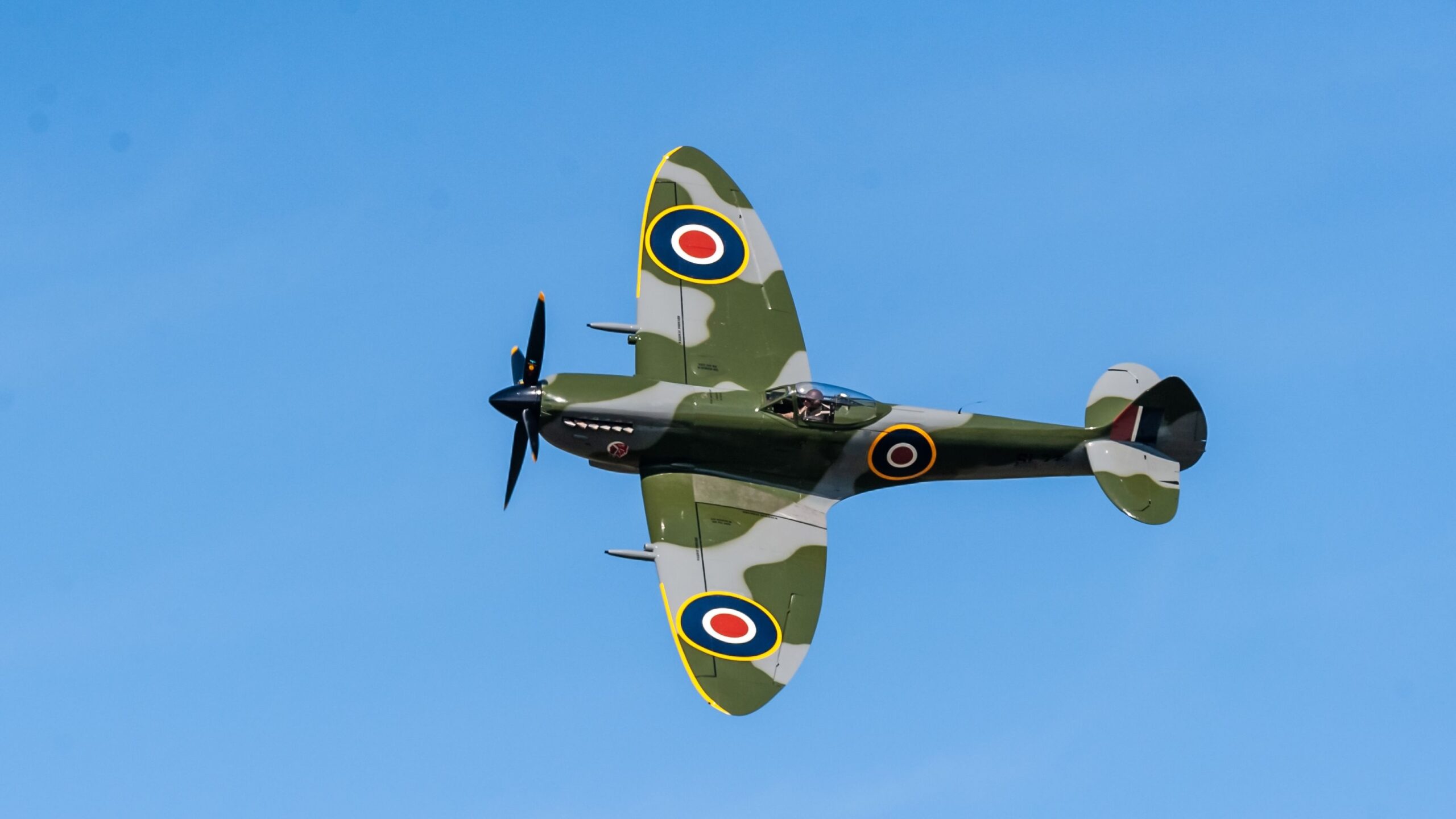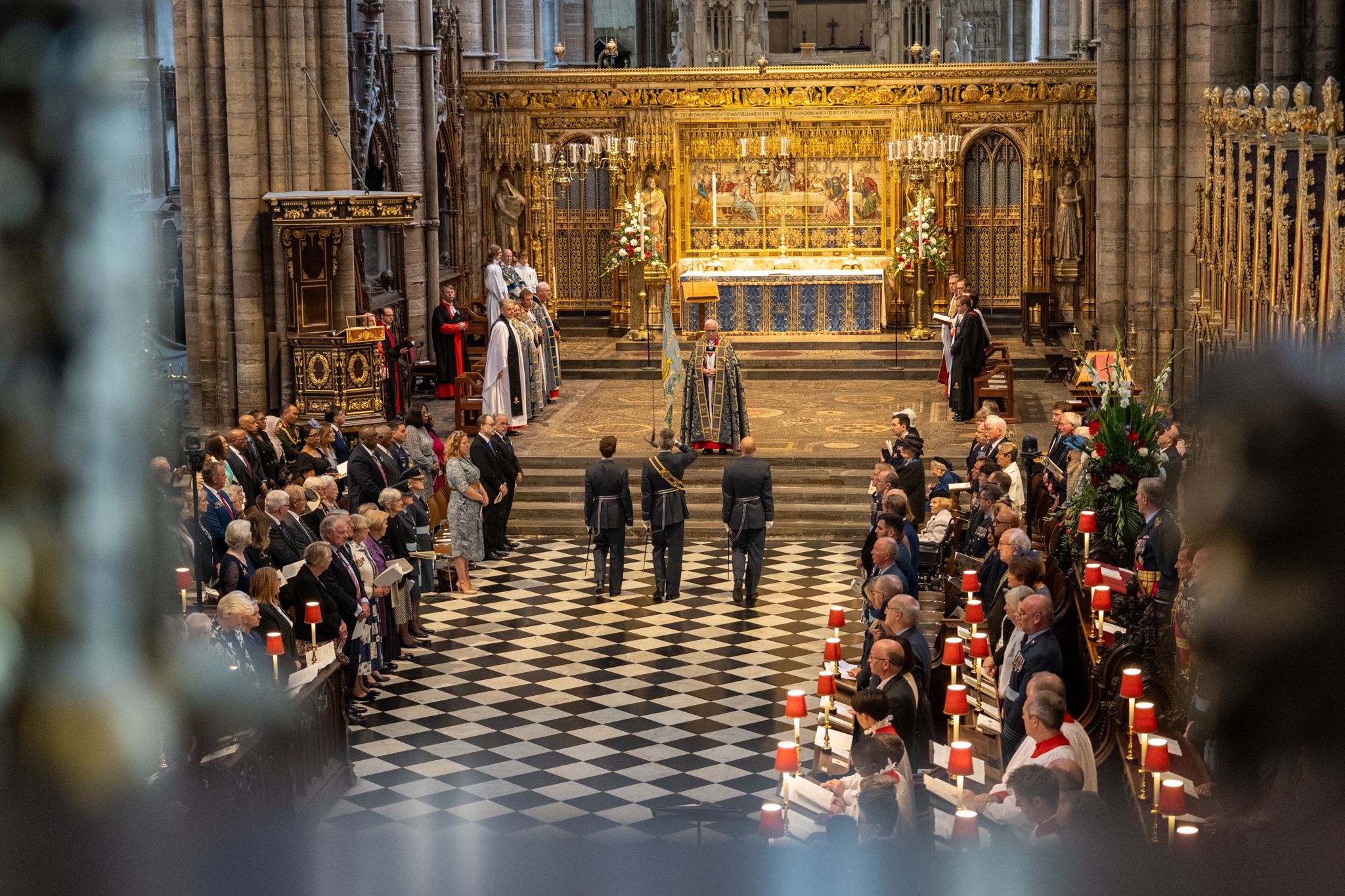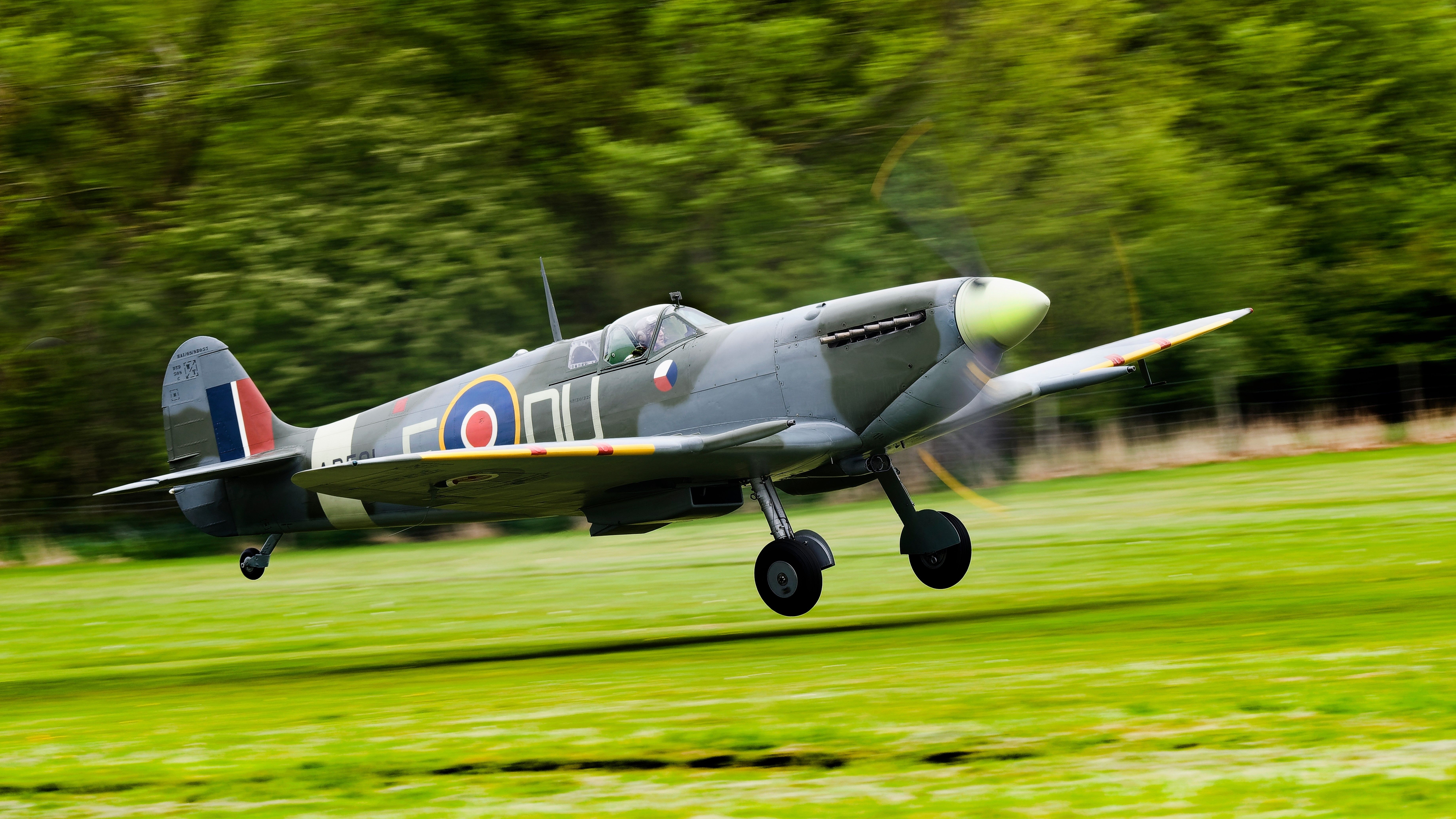The UK’s Royal Air Force (RAF) is commemorating 84 years since the pivotal ‘Battle of Britain’ during the early days of World War 2. Over the four-month aerial battle, 2,945 RAF aircrew – now celebrated as “The Few” – held off repeated attacks from Germany’s Luftwaffe over the skies of Britain.
84 years since Battle of Britain
On September 15th, 1940, the largest German aerial attack took place over southern Britain as the Luftwaffe targeted London, sending over 1,000 aircraft to bomb the UK capital. They were met by an outnumbered RAF force of around 600 aircraft and heavy fighting inevitably ensued, ending in significant losses for the Germans – it is this day that is celebrated in the UK as ‘Battle of Britain Day.’
On that day 84 years ago, the Germans are estimated to have lost 58 aircraft during two waves of attacks, and scores more of its fleet was damaged. In what amounted to a clear victory for the RAF, the day is generally thought of as the turning point in the aerial war that discouraged Hitler from proceeding with Operation Sea Lion, a plan to invade the United Kingdom.
Various tributes and services took place across the UK yesterday to commemorate the day, including at the Battle of Britain Memorial in Capel-le-Ferne, Kent, and a service at Westminster Abbey, which saw an Avro Lancaster bomber perform a flypast. The Dean of Westminster, the Very Reverend Dr David Hoyle, said,
“Here, we give thanks for the dedication and daring of members of the Royal Air Force and allied air forces during the Battle of Britain. Their sure courage halted the advance of a terrible tyranny. They held fast in days of greatest danger.”
Photo: RAF
Over 1,500 pilots and aircrew died on the Allied side, including 449 in Fighter Command, 732 in Bomber Command and 268 in Coastal Command.
British aircraft shine
While the RAF deployed several aircraft types over the course of the 112-day Battle of Britain, the two most numerous were the Hawker Hurricane and Supermarine Spitfire fighters. The Spitfire is believed to have shot down a total of 529 Luftwaffe aircraft at a cost of 230 losses – giving it a more-than 2:1 win-loss ratio – while the Hawker Hurricane shot down 656 German aircraft with 404 losses inflicted.
Photo: FlyingRabbit | Shutterstock
Just two days after September 15th, Hitler officially postponed his planned invasion of Britain. The Luftwaffe would move away from daytime attacks and focus on nighttime bombing raids, a campaign that came to be known as ‘The Blitz.’ The German High Command – falsely believing that they had crippled the RAF during attacks in July and August – also shifted their attacks away from RAF sites, giving the RAF crucial time to rebuild and ultimately mount a successful defense of the country.



